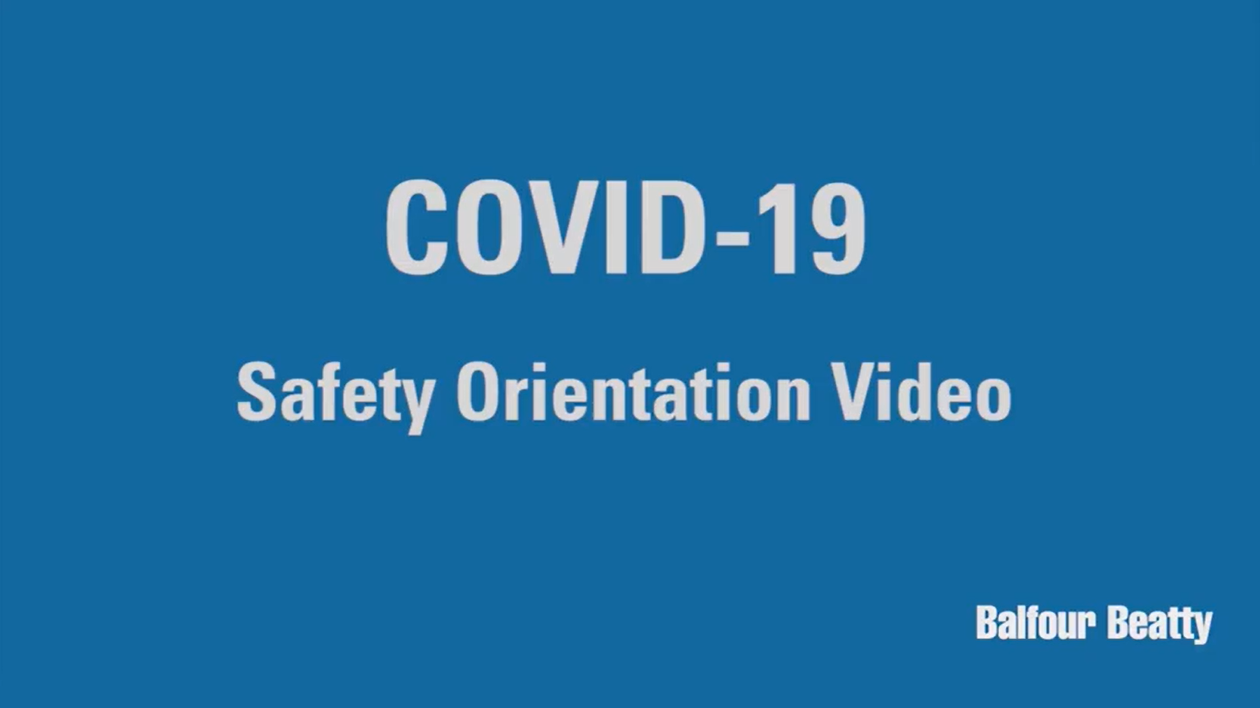A 2016 OSHA final rule that requires construction companies to submit electronic injury and illness data on a yearly basis has been fraught with controversy since its release. Over the summer, OSHA proposed rollbacks on additional requirements that large companies with 250 or more employees had to follow after industry pushback. Most recently, the administration has clarified their position on post-incident drug testing and workplace incentive programs, which many organizations believed was unclear under the final rule.
In the original final rule, found in 29 C.F.R. § 1904.35, OSHA deemed that certain post-incident drug testing and workplace safety incentive programs could end up being unlawfully retaliatory against their employees. The belief was that, if done the incorrect way, those policies could end up discouraging incidents from being reported due to an employee’s fear of punishment.
Industry groups, including ABC, have long fought against that line of thinking, explaining that, without proper clarification from OSHA, the rule could make jobsites much less safe. On October 11, OSHA issued an official memorandum which explains that the Department does not prohibit workplace safety incentive programs or post-incident drug testing.
Per the memorandum, “The Department believes that many employers who implement safety incentive programs and/or conduct post-incident drug testing do so to promote workplace safety and health. In addition, evidence that the employer consistently enforces legitimate work rules (whether or not an injury or illness is reported) would demonstrate that the employer is serious about creating a culture of safety, not just the appearance of reducing rates. Action taken under a safety incentive program or post-incident drug testing policy would only violate 29 C.F.R. § 1904.35(b)(1)(iv) if the employer took the action to penalize an employee for reporting a work-related injury or illness rather than for the legitimate purpose of promoting workplace safety and health.”
With regards to safety based incentive programs, OSHA states that incentive program rewards for reporting hazards and near misses is always permissible. For incident rate based incentive programs which award a prize or bonus at the end of the time frame, the employer has to create an environment that does not discourage employees from reporting incidents. The Department offered suggestions for counterbalancing any negative effects a rate based incentive could cause:
an incentive program that rewards employees for identifying unsafe conditions in the workplace;
a training program for all employees to reinforce reporting rights and responsibilities and emphasizes the employer’s non-retaliation policy;
a mechanism for accurately evaluating employees’ willingness to report injuries and illnesses.
OSHA also mentions that most instances of drug testing are permissible under 1904.35(b)(1)(iv), including:
Random drug testing.
Drug testing unrelated to the reporting of a work-related injury or illness.
Drug testing under a state workers’ compensation law.
Drug testing under other federal law, such as a U.S. Department of Transportation rule.
Drug testing to evaluate the root cause of a workplace incident that harmed or could have harmed employees. If the employer chooses to use drug testing to investigate the incident, the employer should test all employees whose conduct could have contributed to the incident, not just employees who reported injuries.
Full story: Clarification of OSHA’s Position on Workplace Safety Incentive Programs and Post-Incident Drug Testing Under 29 C.F.R. § 1904.35(b)(1)(iv) | US DOL











Last summer, Hilti announced that they had developed their first exoskeleton designed for construction tradespeople in a partnership with Ottobuck, a prosthetics, orthotics, and exoskeleton provider. Earlier this month, Hilti officially released the exoskeleton, announced more details, and published its retail price on their website.